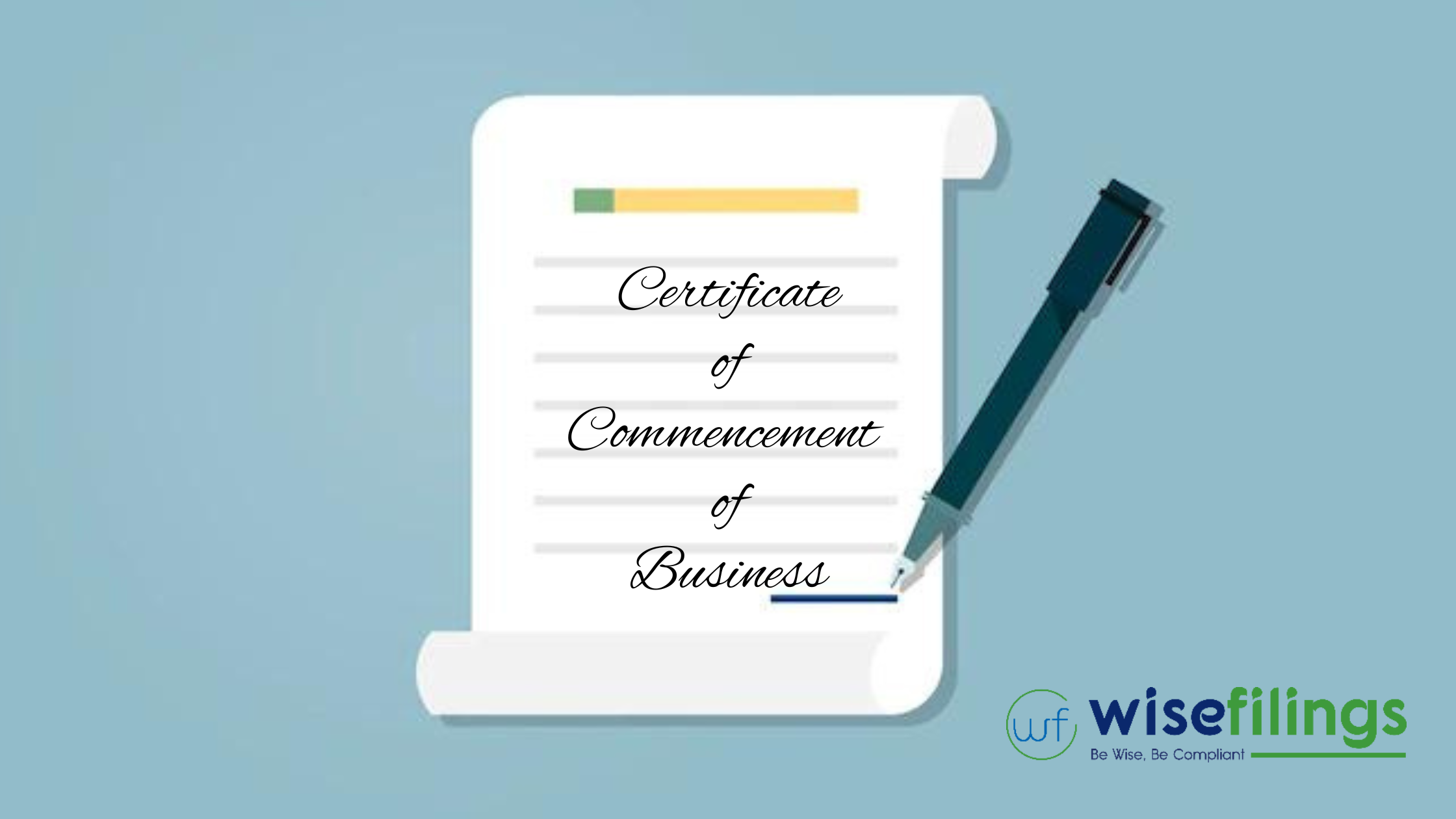Concept Of Partnership Firm And Its Formation In A Nutshell

When a group of people agrees to do business together and split the earnings, they are referred to as partners, and their company is referred to as a partnership firm.
But partnership firms aren’t the only thing to consider; there are other elements to consider as well. We will just explore that here and learn a lot about partnership firms.
Partnership Act
All the partnership firms in India are governed by the Indian Partnership Act, 1932. This act gives a definition for partnership firm in Section 4, that is, “Partnership is the relation between persons who have agreed to share the profits of a business carried on by all or any of them acting for all.”
The individuals who have formed a partnership are referred to as partners, and the name under which their company is conducted is referred to as the firm name.
Unlike a corporation, it is not a separate legal entity distinct from its members. As a result, it is unable to own property, its employees are unable to be debtors or creditors, and it is unable to sue others.
However, it is vital to note that a partnership business is a separate entity from its members in terms of taxation can charge taxes. Members, on the other hand, will submit separate tax returns, as well as returns for their partnership firm.
Here all the partners sign an agreement by which they agree to share their capital, profits, and even losses. However, one can have more profit or loss or can invest more capital than others, but everything has to be done according to the agreement only.
Types Of Partnership Deed
Essentially, a partnership firm begins when all of the partners agree to sign an agreement that governs the partnership firm. Although this agreement is not required, it provides a number of advantages versus partnership firms that do not.
This agreement can be oral or written, however written agreements are preferred to avoid future misunderstandings.
In other words, a partnership deed is created when all of the relevant terms and circumstances relating to the partnership business are set down in an agreement, and each partner agrees and signs it.
Now partnership deed is very important to understand because this document has all details related to the internal management of the partnership and the relations with third parties like debtors and creditors.
All the terms and conditions that are mentioned in the partnership deed are called the Articles of Partnership. After being drafted, it should be stamped, signed by all parties, and then kept by all the partners.
As there are three types of partnerships mainly, such as general partnership, limited partnership, and limited liability partnership, every sort of partnership has its own type of partnership deed.
So every partnership has its own deed, which contains the terms and conditions of the partnership approved by all the partners of the partnership firm.
Essential Clauses Of Deed
As a partnership deed is important for any partnership firm, so the essential clauses of the deed have to be specified and clear. Although a partnership deed differs from one to another partnership firm, the essential clauses of the deed remain.
Essential Clauses
- Name of the partnership firm
- Names, qualifications, addresses, and occupations of the partners
- Nature and scope of business approved to be carried on by the partnership firm
- The objective or purpose of the partnership firm
- Duration of the partnership firm
- The place of the partnership firm means the place from where the business has to be carried on
- Amount of capital to be invested or contributed by each partner in the partnership
- The interest on capital to be paid to the partners
- The rate of interest on partner’s capital, loan, and interest, if any, to be charged on drawings from the business
- The amount that can be withdrawn by each partner from their business
- The ratio of profit and loss sharing by all the partners
- The amount of salary or commission paid to the partners
- Allocation of responsibilities of the partnership among all the partners
- Partner’s loan details
- Admission, retirement, and death of partners
- Maintenance of books of account
- Process of auditing and inspection of accounting books
- The rights, obligations, and duties of partners
- Operation of bank accounts and authority of signing cheques and other related documents
These are the essential clauses to be mentioned in the partnership deed. However, apart from these clauses, some clauses on insolvency and on other subject matters can be included in the deed.
As it is mentioned above, that partnership deed is not compulsory of in the absence of a partnership deed, certain rules have to be followed. They are,
- The partners will not receive salary
- They will have equally distributed profits and losses
- Any interest on the capital is not payable
- The drawings from the business are not chargeable with interest
- All the partners will receive 6% interest annually on loans to the firm if all the partners are mutually consent
Minimum Requirement
To start a partnership firm, there are some minimum requirements that have to satisfy.
- At least two partners are required to form a partnership firm
- A written partnership agreement or partnership deed
- The capital fund contributed by all the partners
- A name for the business concerned by the partnership firm
- Operating sites and conditions of the business to be carried on by the partnership firm
Liability Of The Partners In The Partnership
As every partner in the partnership firm has certain rights and obligations, similarly they have some liabilities too. All the liabilities of partners have to be fulfilled by every member of the partnership.
Liabilities Of The Partners
- All the partners are collectively and severally liable for each and every act of the partnership firm. In case if the assets of the firm are not sufficient to fulfill the claims of the external party, then those claims can be recovered from the personal assets of whether anyone, some or all partners of the firm as per the agreement
- A partner is liable to any loss caused to the firm due to his carelessness or negligence
- A partner is liable for any actions of other partners of the partnership firm working within the scope of his authority
- A partner is liable for the profit made on account of dealing on behalf of the firm or to the firm
- A partner is liable for profit made by putting the assets of the partnership firm to personal use
- A partner is liable for profit made by a business, competing with the business of the firm and to the firm
- A partner is liable to any third party for any misconduct or wrongful act by such partner or any other partner of the partnership firm
- A partner is liable for misuse of money of the third party received by the partner
- A retiring partner is liable for all acts of the firm contracted before the term
Starting a new partnership can be a significant career milestone. So make sure that every step to take for your partnership is legally right and appropriate.



